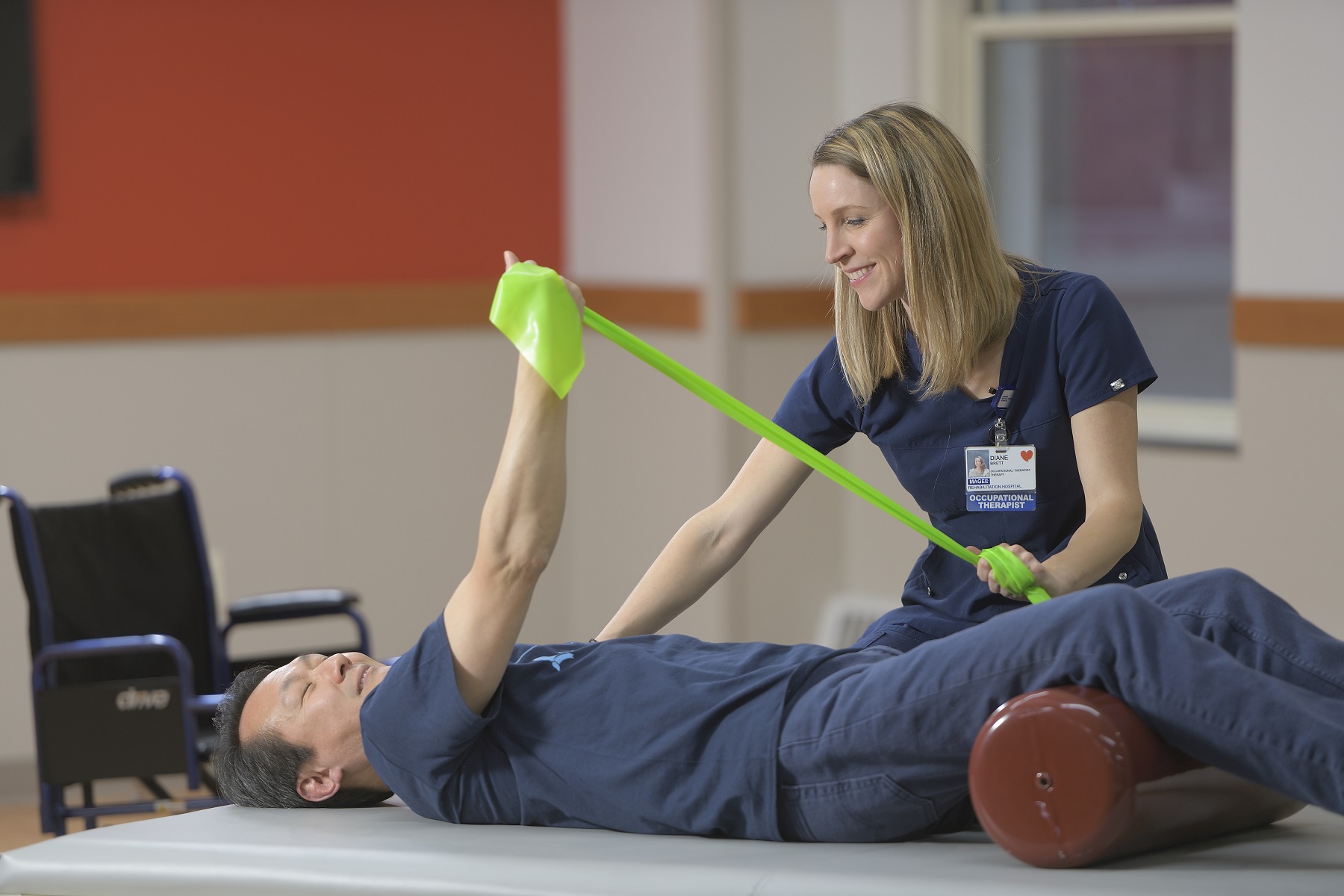Enhancing Rehabilitation Results Through Efficient Practical Movement Assessment Protocols
Enhancing Rehabilitation Results Through Efficient Practical Movement Assessment Protocols
Blog Article
Functional Movement Screening (FMS) is a beneficial instrument used to evaluate an individual's mobility patterns. This assessment aids determine any weaknesses or discrepancies in the musculoskeletal system, which can lead to harm if not addressed. In recovery settings, FMS can serve a critical role in improving recovery results. By understanding how each person navigates, healthcare professionals can develop targeted rehabilitation plans that concentrate on improving power, flexibility, and overall function.
One of the key advantages of using FMS in rehabilitation is its ability to identify specific aspects that need improvement. For instance, if a patient struggles with squat movements or lunge movements, it may indicate a deficiency of flexibility in their hip joints or ankle joints. This information allows clinicians to formulate personalized exercise programs that emphasize correcting these shortcomings. As a consequence, patients are more likely to recover their power and ability, which is essential for resuming to daily activities or athletics.
Incorporating effective FMS protocols can also look at this site assist avoid future harm. Many injuries happen due to poor mobility mechanics or excessive use of specific muscle clusters. By evaluating individuals before they start a rehabilitation program, clinicians can identify risks and establish strategies to reduce them. Informing patients about proper movement patterns and enhancing weak aspects can lead to sustained benefits, ensuring that they stay active and healthy.
Moreover, the use of FMS can enhance dialogue between healthcare providers and clients. When clients look at this now see their movement mechanics assessed and explained, they gain a clearer comprehension of their recovery journey. This transparency builds confidence and motivates patients to take an active part in their rehabilitation. By involving patients in their rehabilitation journey, they are more likely to follow to prescribed activities and lifestyle adjustments that promote better outcomes.
In summary, improving rehabilitation outcomes through effective functional movement assessment procedures is essential for both clients and healthcare professionals. By accurately assessing mobility patterns, therapists can create customized recovery programs that address individual requirements. This not only facilitates in recovery but also assists avoid future injuries. As patients become more engaged in their rehabilitation process, they are likely to achieve their objectives and sustain a healthy, engaged way of living.